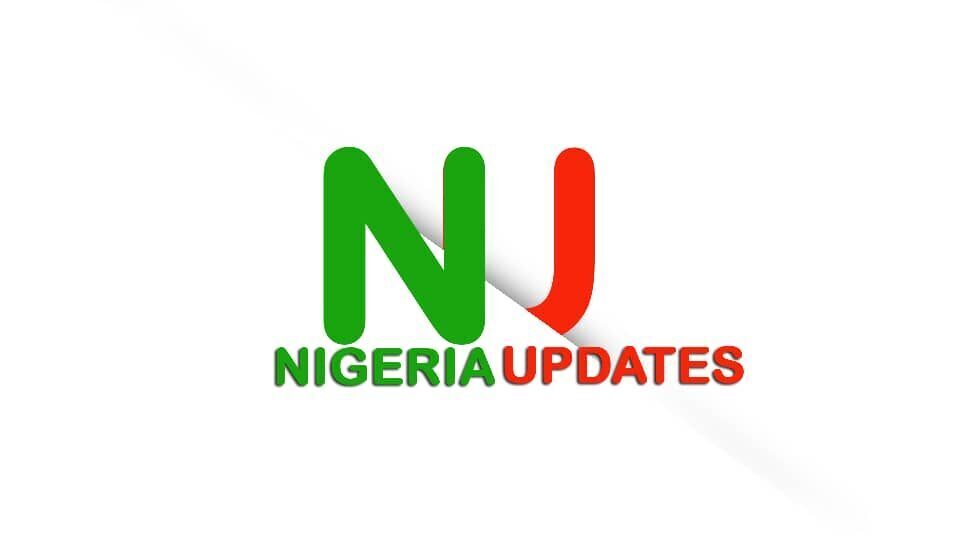The Nigerian Communications Commission (NCC), in collaboration with the Office of the Attorney-General of the Federation, has launched its maiden Annual Workshop for Attorneys-General, a strategic initiative aimed at harmonizing legal and regulatory frameworks to accelerate Nigeria’s digital transformation.
The two-day event, themed “Building and Driving Synergy in Regulating Communications for the Digital Transformation of Nigeria,” held at the Sheraton Hotel in Ikeja, Lagos, drew legal luminaries and regulators from across the country to tackle long-standing policy, taxation, and infrastructure challenges confronting the nation’s digital communications sector.
Maida: “Collaboration is not optional—it is essential”
Dr. Aminu Maida, Executive Vice Chairman and CEO of the NCC, in his opening remarks, underscored the urgency of bridging gaps between regulators and legal institutions to position Nigeria for digital excellence.
“The communications sector remains a vital enabler of innovation, commerce, governance, and inclusion,” said Dr. Maida. “However, to fully unlock its potential, we must tackle a range of challenges that cut across legal, regulatory, fiscal, and operational domains.”
He emphasized that as the sector advances into complex areas such as AI governance, digital resilience, and critical infrastructure protection, forward-looking and harmonized regulations are essential.
Maida also listed key concerns on the agenda, including:
Reform of the Nigerian Communications Act (2003)
Elimination of multiple taxation
Reducing regulatory overlaps
Operationalizing the 2024 Executive Order on Critical National Information Infrastructure (CNII)
“Attorneys-General are not just legal officers; they are policymakers who can ensure innovation thrives within accountable and fair structures,” Maida added.
Fagbemi Calls for ‘Whole-of-Government’ Approach to Regulation
Delivering the keynote address, the Attorney-General of the Federation and Minister of Justice, Lateef O. Fagbemi, SAN, praised the NCC for convening the workshop, calling it “timely and essential.”
“Digital transformation is critical to the socio-economic development of any nation. A well-regulated communications sector ensures protection of privacy rights, data security, consumer rights, and promotes the ease of doing business,” Fagbemi said.
Citing the latest NCC data, he highlighted that Nigeria currently boasts over 220 million active voice subscriptions and a broadband penetration rate of over 52%—both of which are central to national growth in education, healthcare, and finance.
However, he warned that progress is being undermined by:
Multiple and inconsistent taxation from various tiers of government
Destruction of telecom infrastructure, especially in volatile areas
Regulatory overlaps that hamper investor confidence and compliance
Slow broadband rollout due to rights-of-way (ROW) policy conflicts
He referenced specific incidents, including:
The 2024 Ogun State multiple taxation crisis, which temporarily halted telecom expansion due to local government levies
The 2023 vandalization of base stations in Kano, which he described as acts of economic sabotage
Examples of Reform: Anambra and the Unified ROW Policy
Fagbemi commended states like Anambra, which in 2023 adopted a unified Right-of-Way policy, leading to a 38% increase in fibre optic expansion within six months.
“This is the kind of intergovernmental cooperation we need,” he said. “We must work together to eliminate regulatory bottlenecks and incentivize infrastructure growth.”
The Way Forward: Synergy, Harmonization, and Stronger Enforcement
Both speakers urged state Attorneys-General to use their offices to:
Recommend constitutional and policy reforms that protect digital infrastructure
Champion cybersecurity, data privacy, and user rights at the state level
Support streamlined, fair, and technology-friendly legal environments
Fagbemi proposed the creation of a Federal-State Regulatory Coordination Forum and recommended uniform adoption of Right-of-Way (ROW) implementation, a harmonized digital tax framework, and joint enforcement mechanisms.
“The judiciary, legislature, and executive must align in regulating communications to safeguard the economy and rights of all Nigerians,” he said. “Attorneys-General must be both legal interpreters and policy drivers in this new digital era.”
A Platform for Future Collaboration
Maida expressed hopes that the workshop would evolve into a recurring platform to encourage mutual learning and joint solutions, laying the foundation for deeper synergy in policy design and execution.
“We are committed to aligning NCC’s actions with national goals. Today is just the beginning of what must become a long-term partnership,” he concluded.


 Traffic Management7 days ago
Traffic Management7 days ago
 Nigeria News6 days ago
Nigeria News6 days ago
 Business5 days ago
Business5 days ago
 Transportation4 days ago
Transportation4 days ago
 Sports7 days ago
Sports7 days ago
 Education3 days ago
Education3 days ago
 Entertainment5 days ago
Entertainment5 days ago
 Security5 days ago
Security5 days ago









